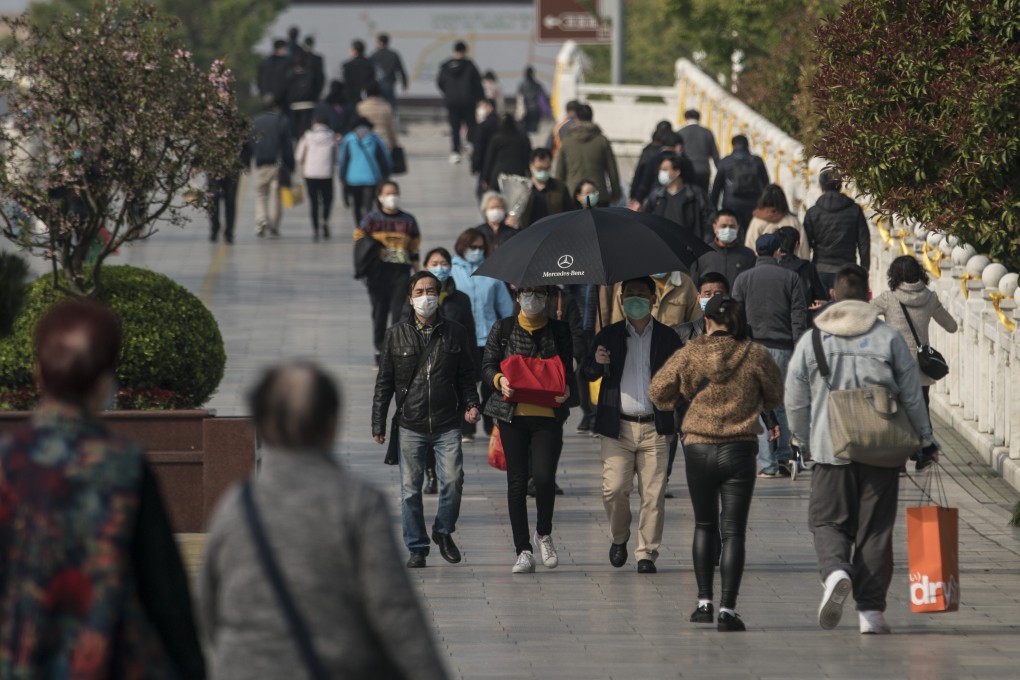Hotels in China upbeat over upcoming Labour Day holiday as coronavirus-hit industry sees green shoots of recovery
- Top hotel chains expect the buoyant demand seen during the recent Ching Ming Festival to translate into stronger bookings during the long weekend next month
- Signs of early recovery in hotel industry likely to develop slowly, according to data analytic firm STR

After a “significant increase” in room occupancy in China during the tomb-sweeping festival holiday, top hotel chains are looking forward to the upcoming Labour Day weekend, which could bring the coronavirus-stricken industry a step closer to recovery.
During the Ching Ming Festival from April 4 to 6, hotel chains Accor and InterContinental Hotels Group (IHG) saw a significant increase in occupancy levels as nearly all hotels across the country reopened for business.
“We are seeing some demand for hotels return, and some of our hotels even got a full house” over the Ching Ming Festival holiday, said Jolyon Bulley, chief executive of Greater China at IHG.
Hotel occupancy on the mainland has been steadily rising, from a low of 7.4 per cent during the first week of February to 31.8 per cent on March 28, according to data analytics firm STR, which is yet to release figures for the holiday weekend. Around 87 per cent of the mainland hotels in its database were open at the beginning of April, STR added.

Many hotels had closed over the last two months as bookings plummeted after the Chinese authorities imposed sweeping restrictions to contain the outbreak of the deadly Covid-19 disease.